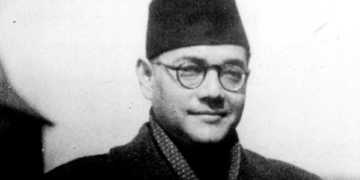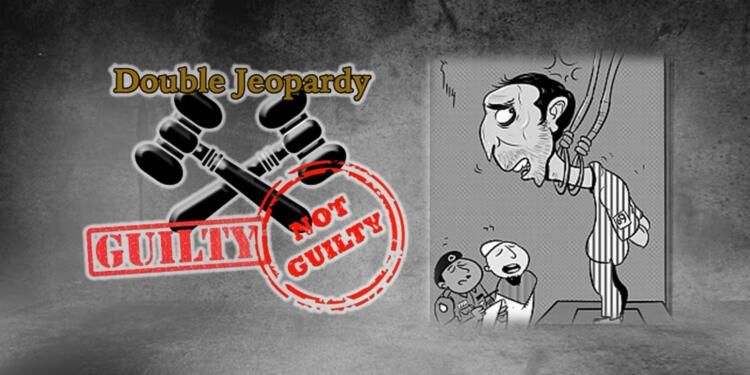Until you are a Sooryavansham fan, you don’t want to watch the same movie again and again. Imagine being tried and punished for a crime you did not commit, only to be prosecuted and punished again for the same crime. This is anti-human to say the least. To protect you from such draconian policing, India has readily adapted to the concept of double jeopardy.
Understanding Double Jeopardy
Double jeopardy is a legal principle that prohibits an individual from being tried or punished for the same offence twice. Even before independence, it was prohibited under CrPC, 1898. With CrPC, 1973, the reference can be found in Section 300 of the Code. It is in line with Article 20(2) of the Constitution. It reads, “No person shall be prosecuted and punished for the same offence more than once.”
Prosecuted and Punished. These are the two keywords here. Let’s talk about the Prosecution first. Does the Prosecution mean that prosecution in any form is good enough to immunise someone?
Only Judicial enquiry is legitimate
The answer is no. A departmental suspension from a job, permanent removal from it or a disciplinary enquiry can’t be termed as prosecution. It was held in Venkataraman v. Union of India. The accused was first dismissed from the service under the Public Service Enquiry Act,1960. He was later charged under Indian Penal Code & the Prevention of Corruption Act. The Court held that an inquiry is not a prosecution hence legal action can’t be held to be illegitimate under the doctrine of double jeopardy. To attract the Doctrine of double jeopardy, the erstwhile proceeding should be judicial.
Various other cases like A.A. Mulla and P.D. Yadav stand as strong testimony to it. Not even Customs authority’s proceedings are sufficient for it. It was held in State of Bombay v. Maqbool Hussain.
Clearing the confusion
The obvious question is that if the procedure of prosecution is followed in the right manner, then what about the punishment? Can a person be held on trial under different legal provisions for the same act? The answer is yes. In the Roshan Lal case, the accused was liable to be convicted for two separate sentences during the course of the same crime.
Another confusion which prevails around it is that if there is a sequence of such acts, but intention was of committing only 1, then will the accused be held liable for all of them. The accused will definitely be liable for 1 such act. However, if other acts en route to commit the intentioned crime also attracts punishment, separate trials can be held for them.
Also Read: Love, Lies and Consent: The Marital Promise Conundrum
Both sentences will run parallel. So, if one sentence is of 5 years and the other is of 10. Both won’t add up and the person will serve sentence only for 10 years.
There is still a loophole in all of it. A criminal may get acquitted from the lower Court and when that order is challenged, he or she holds the right to claim defence under the doctrine. The Court has held it untenable in Kalawati v. State of Himachal Pradesh. One can invoke this doctrine only when he or she has been punished and not acquitted.
Despite these cases, there have been several debates and discussions on the concept of Double Jeopardy in India in recent years. Some argue that the rule needs to be modified in order to allow the state to re-try an accused person in cases where new evidence emerges or where the original trial was found to be flawed. However, others argue that the rule should remain unchanged, as any modification would undermine the fundamental principles of fairness and justice.
Support TFI:
Support us to strengthen the ‘Right’ ideology of cultural nationalism by purchasing the best quality garments from TFI-STORE.COM
Also Watch:
https://www.youtube.com/watch?v=sN7ykn2ZlP4




























